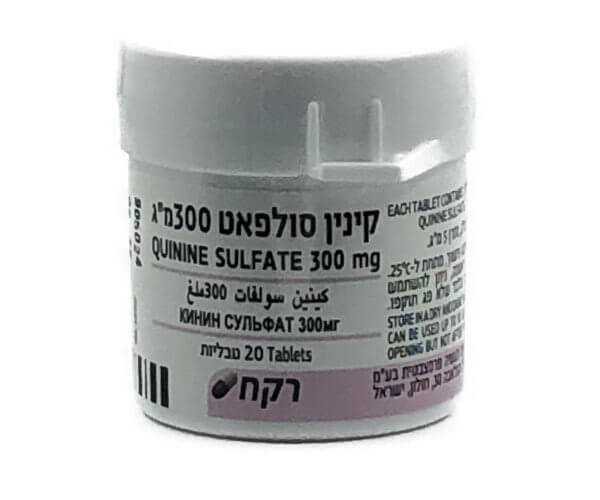
Login

Fast Delivery

Ships from Israel

Secure Payment
Genuine Brands
Pharmacist Oversight
Proudly Israeli
Free Shipping on orders over $99*
Having issues?
Daily from 9am-8pm EST.
IsraelPharm c/o SUBS Ltd. Ha'Uman 5 Bet Shemesh Israel, 9906105
- info@israelpharm.com
- 1-866-442-1716
- 1-866-544-8993
- IsraelPharm c/o SUBS Ltd. Ha'Uman 5 Bet Shemesh Israel, 9906105
- Daily from 9am-8pm EST








